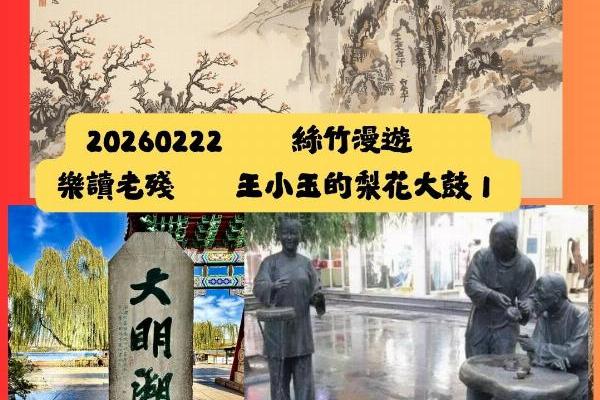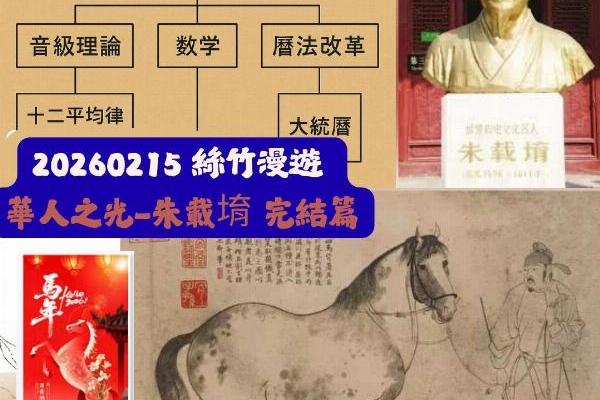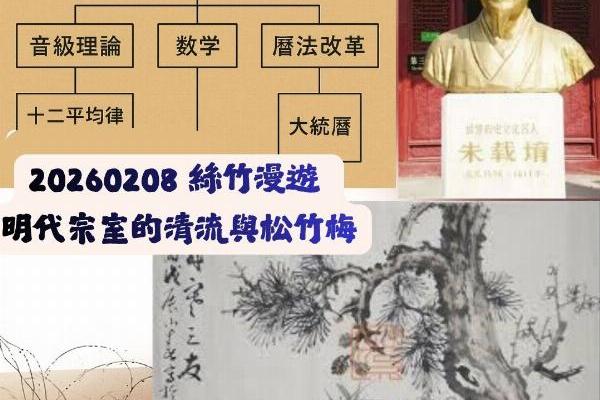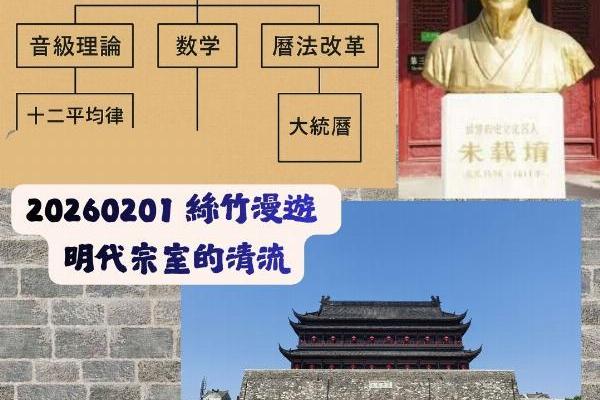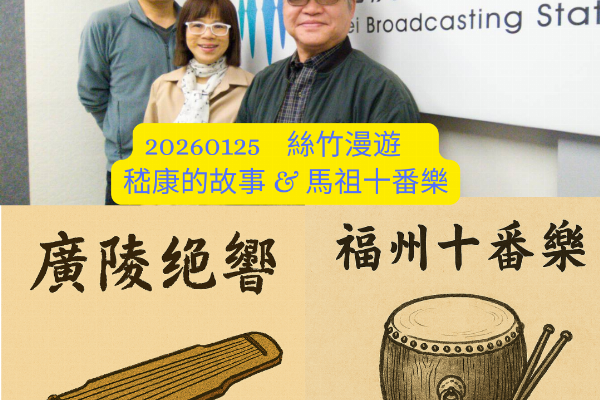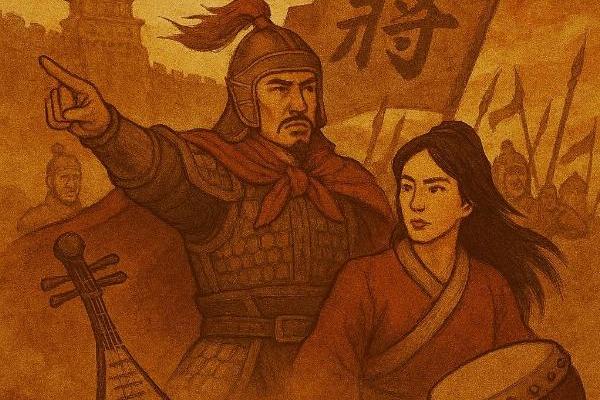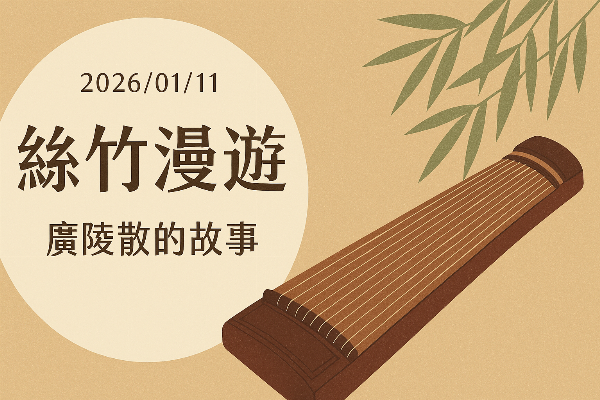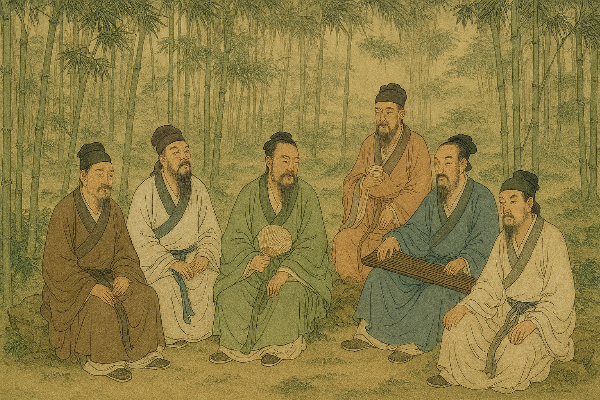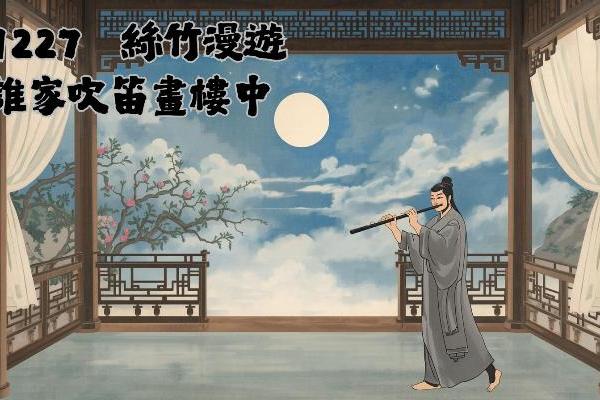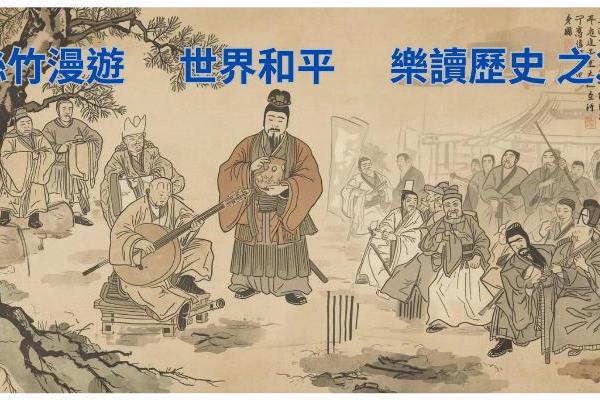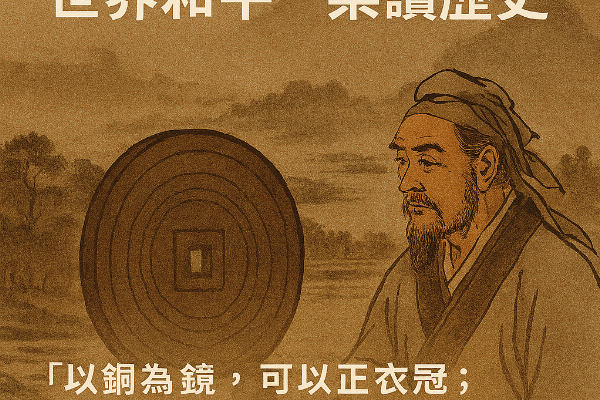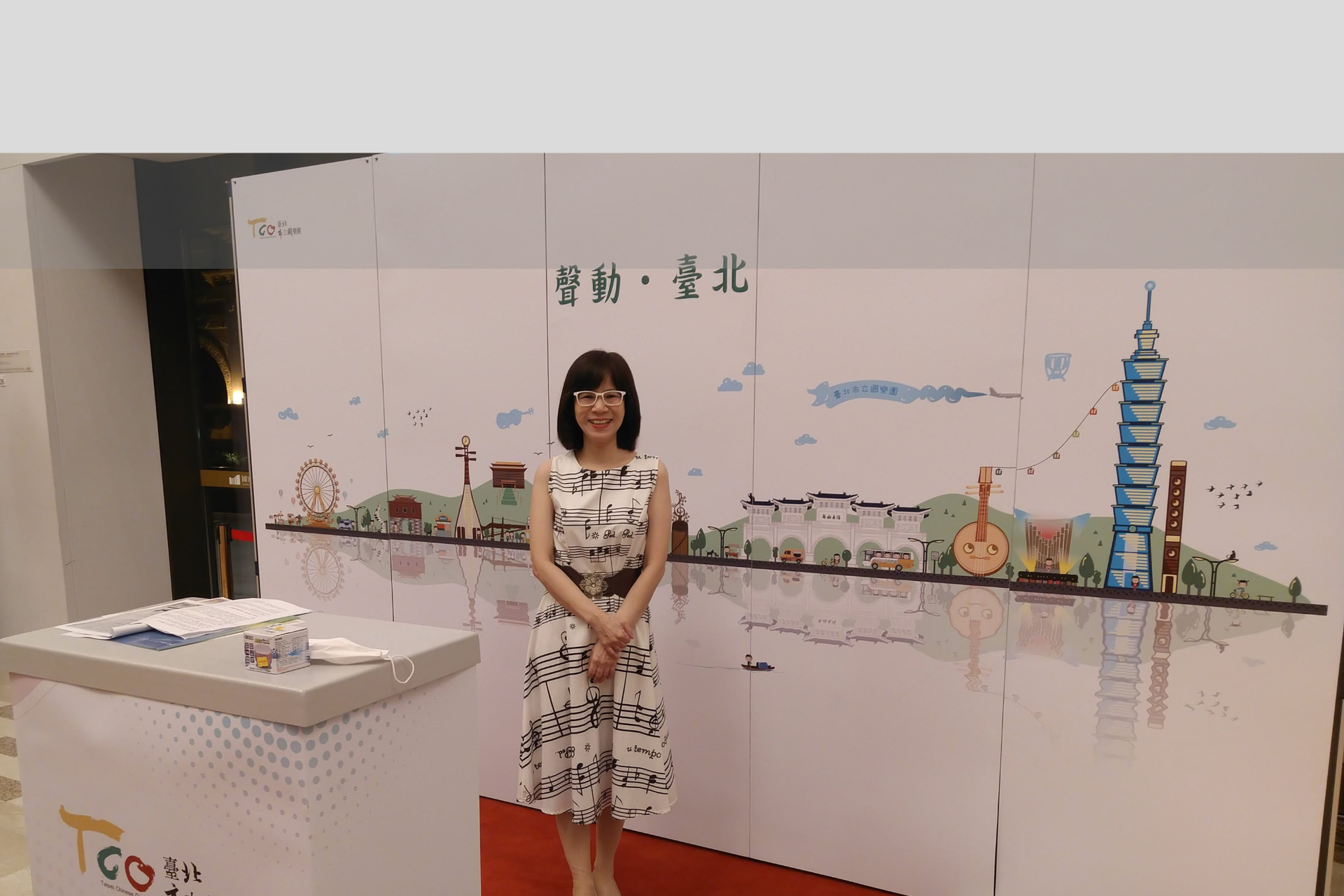
::::::
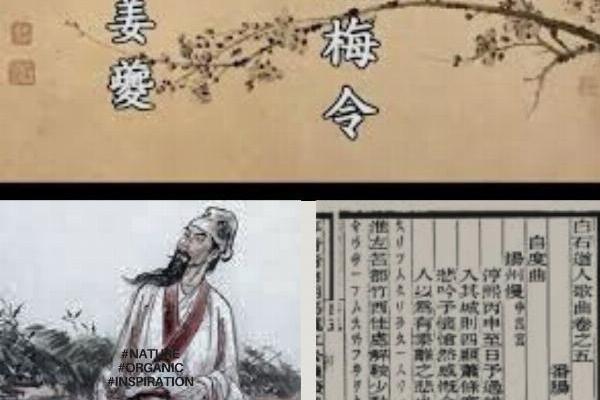

Wonder in Sizhu
HostMali Liu

Topic
Tonight, we enter the refined world of Jiang Kui, the Southern Song poet, composer, and calligrapher whose artistry fused literature, music, and ritual into a singular aesthetic vision. His self-composed pieces An Xiang and Shu Ying—delicate meditations on plum blossoms—embody the spirit of “qing kong sao ya,” a poetic clarity that echoes through his brushwork and melodies alike.
Content
Tonight, we enter the refined world of Jiang Kui, the Southern Song poet, composer, and calligrapher whose artistry fused literature, music, and ritual into a singular aesthetic vision. His self-composed pieces An Xiang and Shu Ying—delicate meditations on plum blossoms—embody the spirit of “qing kong sao ya,” a poetic clarity that echoes through his brushwork and melodies alike.
We begin with An Xiang, a qin song and ensemble piece that evokes moonlight, memory, and the quiet sorrow of distance. Shu Ying follows, portraying the fleeting beauty of plum shadows and the solitude of longing. Both works were composed during Jiang’s snowy visit to Fan Chengda at Stone Lake in 1191, and reflect the poet’s inner exile and refined melancholy.
Next, we turn to Yue Jiu Ge, Jiang’s ceremonial song cycle modeled on Qu Yuan’s Jiu Ge. Composed in Shaoxing, each of its ten songs honors legendary figures—from Emperor Shun to loyal minister Wen Zhong—blending local water rituals with classical lyricism. The pieces use ancient tonal modes and detailed rhythmic notation, preserving both musical structure and spiritual intent.
We conclude with Jiao Zhao and Zhao, two self-composed tune patterns that showcase Jiang’s mastery of musical invention. These pieces, along with Yangzhou Man, reflect the emotional depth and cultural sophistication of Song ci poetry—where melody and meaning intertwine.
Jiang Kui’s legacy is one of integration: music as ritual, poetry as memory, and calligraphy as breath. Tonight, we listen not only to notes, but to the soul of a civilization.
Goodnight.
LIVE
